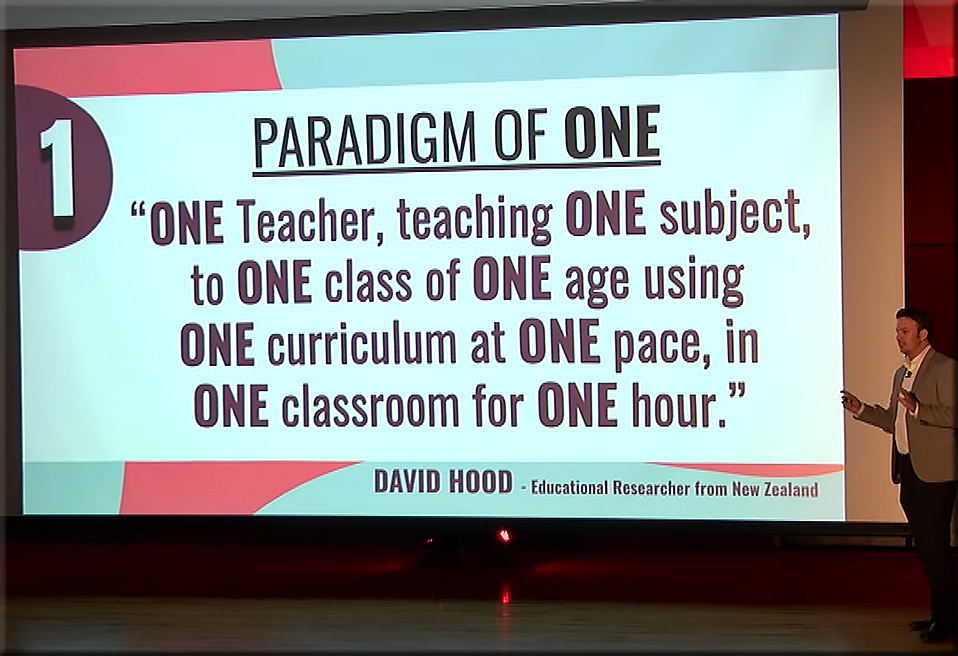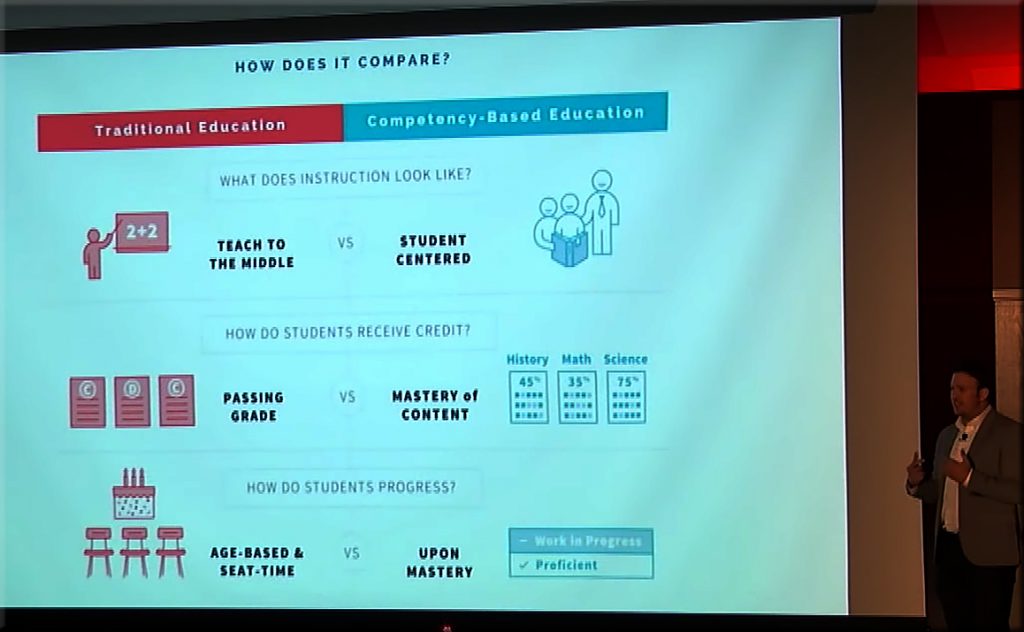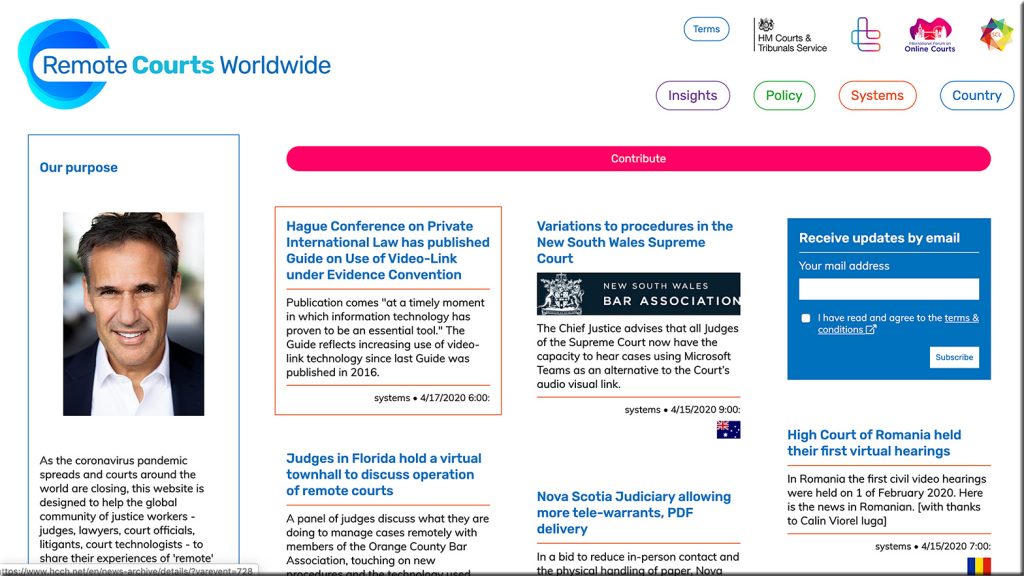COVID-19 Intensifies Need to Tackle Digital Accessibility — from campustechnology.com by By Glenda Sims
More learning content than ever before has migrated online, bringing accessibility concerns to the forefront. Here’s how higher ed institutions are making progress toward equitable access.
Excerpt:
Accessibility lawsuits in education are not new. However, with colleges and universities undertaking their own digital transformations (moving more content and services online), lawsuits targeted at equitable access to physical facilities (like bathrooms) have logically expanded to digital offerings for students relying on assistive technologies to access them. The current COVID-19 crisis is likely to exacerbate this, as more learning content than ever before has migrated online in these unprecedented times. Persons with disabilities will demand nothing less than completely equitable access, particularly when it comes to their safety. While many higher ed institutions still have much to do for their accessibility initiatives, there have been many promising developments…










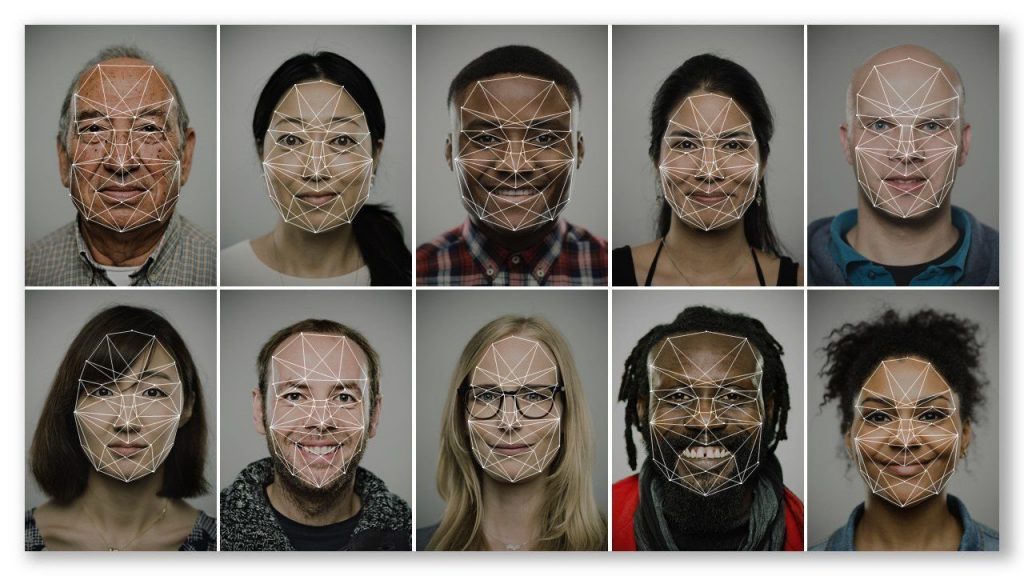
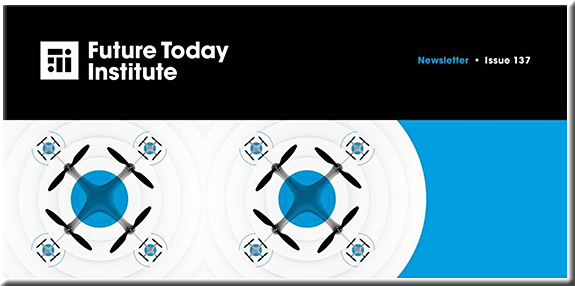
![ABA President Judy Perry Martinez on the ABA and the Profession in a Pandemic [Ambrogi]](http://danielschristian.com/learning-ecosystems/wp-content/uploads/2020/05/LawSites-5-18-20-Ambrogi-Martinez.jpg)
